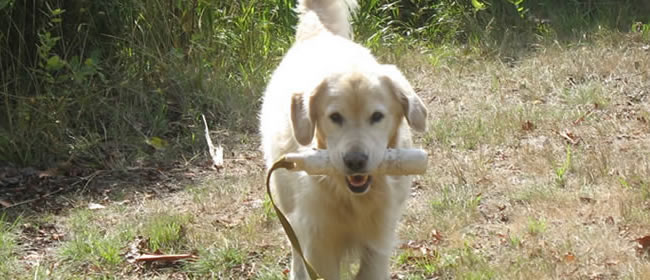
WhatsNew:
Training Pages
 The
most requested topics from 20 years of the APA Member Answer Line.
The
most requested topics from 20 years of the APA Member Answer Line.
Updated: November 1, 2011
CurrentNews:
New Site
![]() It's
about time we have a site devoted to the Guardian!
It's
about time we have a site devoted to the Guardian!
Updated: October 30, 2011
To chip or not to chip
MICRO CHIPS for Pets
an ongoing debate with new problems, now linked to cancer
by Dan Reeves
Please note: We do not feel any Veterinarian or Humane Agency that has promoted microchips in the past has done anything unethical. We do feel however all groups should watch the cancer issue closely and educate their customers about the limitations of microchips.
Microchipping animals has been met with very mixed reviews over the years. The APA has not had a stand for or against them until the cancer stories came to light. We are watching as those stories develop.
The biggest problem with pet chips has been that pet owners are consistently under a false sense of security regarding the protection they provide for their pets.
"Collars and ID tags can become lost where microchips offer a permanent and additional means of identification. But we are concerned that pet owners could have a false sense of security." said Martha Armstrong, Humane Society of the United States senior vice president for Companion Animals and Equine Protection.
"I think this is very irresponsible of profit-making corporations to put their focus on making a buck at the same time they are selling a false sense of security to people," says Patricia Mercer, a spokesperson for Houston Society for the Prevention of Cruelty to Animals regarding a new brand of microchip.
-
Many pet owners feel that they are a tracking system that locates lost pets when in fact they do not.
-
The chipping companies claim all participating veterinarians scan incoming pets when if fact they do not.
-
The number one way statistically that you will permanently lose your pet is by another person finding and keeping your pet, this is a situation in which a microchip does not help at all.
The reality is this:
-
If your pet is found and taken to a shelter
-
If the shelter scans for chips
-
If the shelter can read the frequency that your chip uses
-
If the chip has not failed
-
If the chip has not migrated
-
If the employee (often volunteers with the best intentions, but poorly trained) scans correctly
-
If the person has paid to register the chip and paid each time to update their information as it has changed over the years
...then the pet can get home.
That is a lot of "ifs".
If they are not such a great product then why have they been selling over the years? Pet Microchips are made by large pharmaceutical companies with huge advertising budgets. In addition, they offer large profits to companies that promote the chips (mainly veterinarians).
Now a new twist. There is a new player in the market, one that greatly highlights one of the downfalls of the pet microchip. A Canadian company has launched its product in the US, currently selling the product through approximately 440 veterinary clinics housed in one of the nation's largest pet product retailers. These chips can not be read by any of the existing scanners in the US.
UPDATE - Possible cancer connection
More serious concerns about Microchips
Pharmaceutical giant Merck is being sued. The lawsuit alleges that Merck's HomeAgain pet microchip induced cancer in a cat.
Dr. Katherine Albrecht, a consumer advocate and expert on implantable microchip reactions, said that, "Based on the alarming number of microchip-linked cancers we're discovering, I predict this lawsuit will be just the tip of the iceberg."
Chip Me Not reports that there are
"... [A] growing number of adverse reactions to microchips, including the chip-related cancer deaths of two dogs within the past year."
Source: Chip Me Not October 13, 2010
SeeCBS
Microchip Story
"Microchips, less
than meets the eye"
and "American
microchip companies fear competition"
Last updated 10/01/11
















